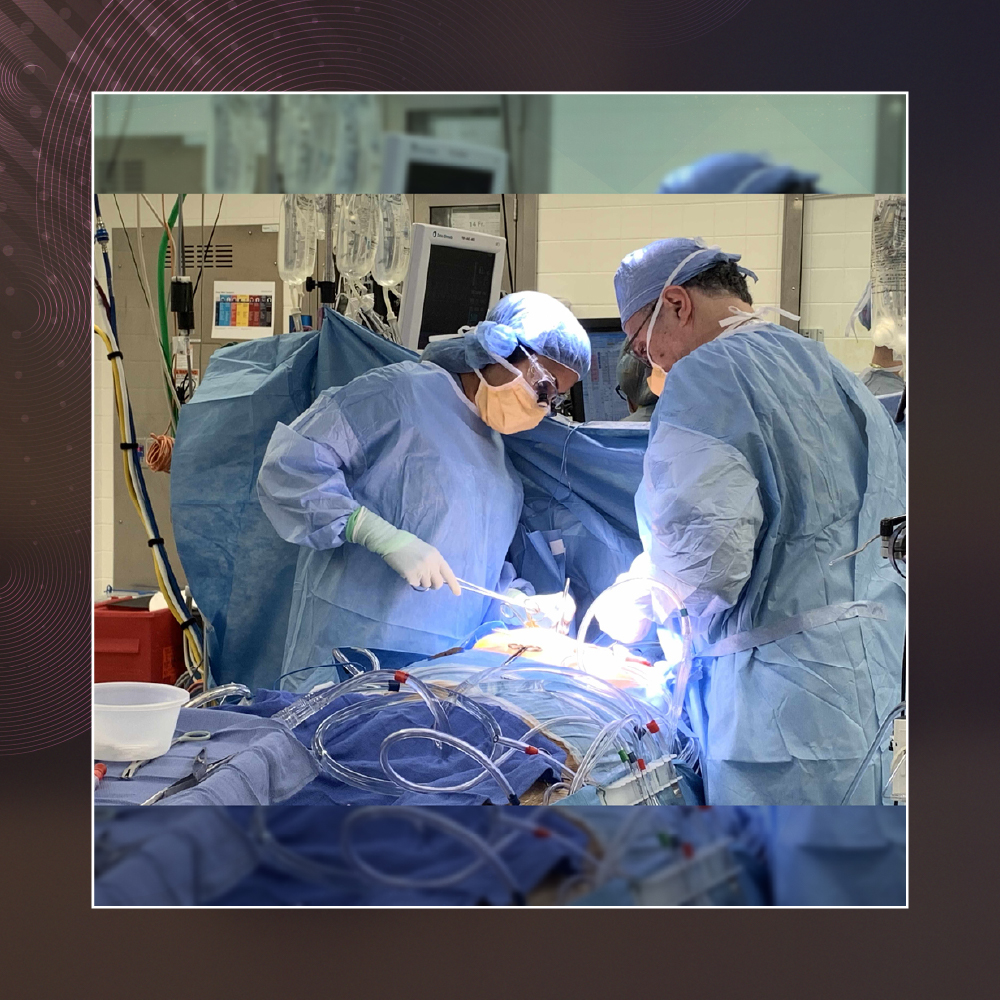
In the dynamic field of thoracic surgery, where innovation and expertise converge to save lives, recognition and support play pivotal roles in nurturing talent and advancing the discipline. Awards and scholarships serve as beacons of achievement and encouragement, empowering aspiring surgeons and seasoned professionals. From fostering groundbreaking research to facilitating educational pursuits, these honors propel the field forward while honoring its brightest minds. In this comprehensive guide, we delve into the diverse landscape of awards and scholarships in thoracic surgery, illuminating pathways to excellence and opportunities for growth.
Understanding the Importance:
Awards and scholarships in thoracic surgery hold multifaceted significance within the medical community and beyond. Firstly, they recognize exceptional contributions to the field, celebrating innovation, dedication, and clinical excellence. Moreover, these accolades elevate the profile of recipients, fostering networks of collaboration and mentorship while inspiring future generations. Additionally, scholarships provide crucial financial support for education and research endeavors, enabling individuals to pursue advanced training and explore innovative solutions to complex challenges.
Categories of Awards and Scholarships:
Thoracic surgery boasts a rich tapestry of awards and scholarships, each tailored to recognize distinct facets of achievement and ambition. The most prestigious honors are those conferred by professional societies such as the Society of Thoracic Surgeons (STS) and the American Association for Thoracic Surgery (AATS). These accolades encompass a spectrum of categories, including clinical excellence, research innovation, and humanitarian service.
Clinical Excellence Awards:
Recognizing mastery in surgical technique, patient care, and clinical outcomes, clinical excellence awards honor surgeons whose skill and compassion have transformed lives. These distinctions highlight the importance of superior clinical understanding and the ability to navigate complex cases with precision and empathy. Recipients of such awards serve as exemplars of excellence, inspiring peers and mentees to uphold the highest standards of patient care.
Research Innovation Awards:
In the ever-evolving landscape of medical science, research innovation drives progress in thoracic surgery. Awards in this category honor pioneers who have advanced the frontiers of knowledge through groundbreaking research, technological innovation, and translational discoveries. From elucidating the molecular mechanisms of disease to pioneering minimally invasive surgical techniques, recipients of research innovation awards shape the future of thoracic surgery through their visionary contributions.
Humanitarian Service Awards:
Beyond the operating room and laboratory, the heart of thoracic surgery beats with a spirit of compassion and service. Humanitarian awards recognize individuals who have demonstrated unwavering dedication to improving healthcare access, promoting global health equity, and serving vulnerable populations. Whether through medical missions, advocacy initiatives, or community outreach programs, recipients of humanitarian service awards embody the ethos of altruism and empathy that defines the essence of medicine.
Educational and Training Scholarships:
Education and training serve as cornerstones of professional development in the journey to becoming a thoracic surgeon. Scholarships in this category provide vital support for medical students, residents, and fellows pursuing training in thoracic surgery. These scholarships may encompass funding for tuition, conference attendance, research projects, or international exchange programs, empowering aspiring surgeons to cultivate their skills and expand their horizons.
Application and Selection Process:
Navigating the landscape of awards and scholarships in thoracic surgery requires a strategic approach and meticulous preparation. Typically, candidates must submit comprehensive application materials, including curriculum vitae, letters of recommendation, and personal statements outlining their achievements, aspirations, and contributions to the field. Selection committees comprising distinguished experts carefully evaluate each application based on predetermined criteria such as academic excellence, research impact, clinical proficiency, and service to the community.
Tips for Success:
For aspiring applicants, cultivating a competitive edge in awards and scholarships necessitates a proactive approach and a commitment to excellence. Engaging in research projects, presenting at conferences, volunteering in underserved communities, and seeking mentorship from seasoned professionals can enhance one’s candidacy and broaden horizons. Moreover, crafting compelling narratives articulating one’s passion for thoracic surgery and commitment to advancing the field can resonate with selection committees and distinguish standout applicants.
In the dynamic landscape of thoracic surgery, awards and scholarships catalyze innovation, recognition, and growth. From celebrating clinical excellence to fostering research innovation and humanitarian service, these honors illuminate pathways to excellence while honoring the diverse talents and contributions of the global thoracic surgery community. By embracing opportunities for recognition and support, aspiring surgeons and seasoned professionals alike can unlock their potential and shape the future of thoracic surgery with passion, dedication, and compassion.